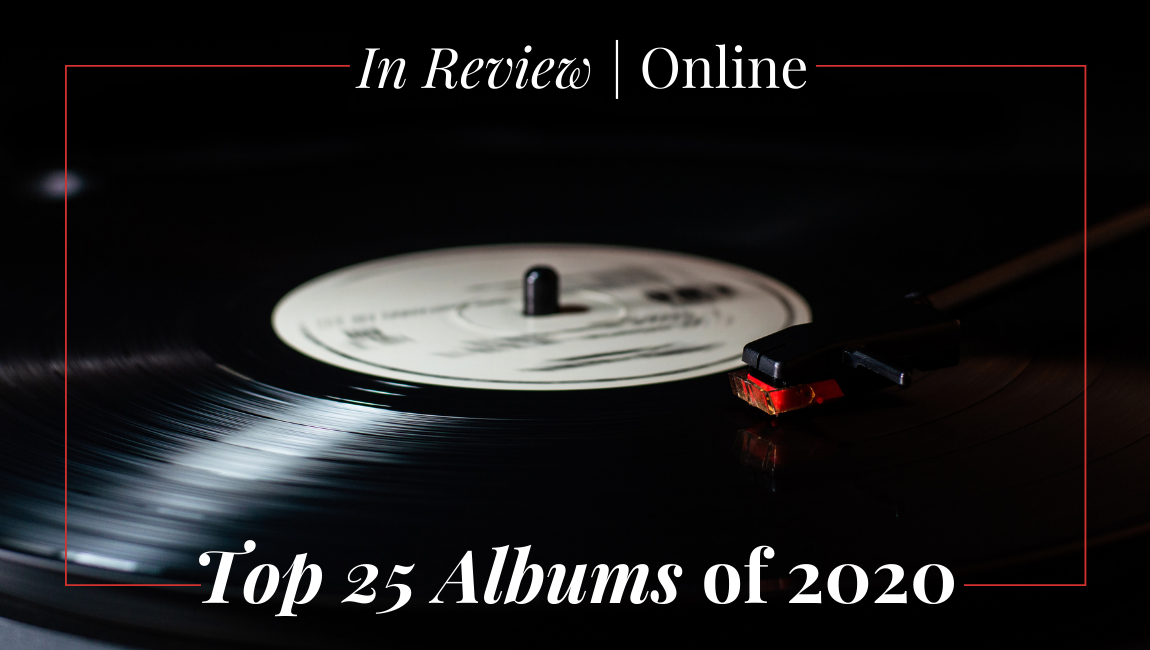Headful of Sugar finds Sunflower Bean leaning even further into trend-chasing and poptimist orthodoxy.
When Tame Impala infused the indie music scene with its retro-futurist brand of psychedelia and acts like DIIV introduced a grungier aesthetic to the relatively clean-cut milieu, the stars aligned for a band like Sunflower Bean. The Brooklyn-based trio were ready to offer their take on the popular sounds (and looks) of the day, mixing a throwback urgency with hazy power pop on their first album Human Ceremony in 2016, following a string of singles and EPs. It was an eclectic record by a band very much in search of an identity, sifting through the alt-rock canon for anything that would lend itself to their rough-around-the-edges musical amalgam. What the group lacked in finesse, they made up for with a charmingly sincere approach to the well-worn styles they were trying out. But by the time their follow-up Twentytwo in Blue came out two years later, Sunflower Bean’s music had taken a turn for the poppy and topical. LP #2 took on the feverish zeitgeist of the Trump years, albeit with a pretty laid-back energy that mirrored a lot of their pop contemporaries — more of a warm embrace for dark times than a fiery call to action in the face of political upheaval.
On Headful of Sugar, they unfortunately lean into the pervasive sounds of algorithm-rock, to fairly unremarkable results — more Spotify “Alternative 20s” fodder than a meaningful artistic statement. While their debut cribbed from Lush, Sonic Youth, and the Smashing Pumpkins (from their gothy early days as well as the the Big Muff-laden Gish/Siamese Dream era), their sophomore album was more indebted to breezy, Fleetwood Mac-inspired pop-rock, filtered through a contemporary indie sensibility which sometimes flirted with the banal. But on their third, Sunflower Bean give in to the current demand for glitzy pop mediocrity. Although the record falls short of feeling cynical, there is a certain calculated quality, which colors its uninspired moments not as juvenilia but rather as half-hearted attempts at pleasing both the streaming overlords and the current cabal of tastemakers who have all but fallen in line with poptimist orthodoxy. Opener “Who Put You Up To This?” sets the stage early with a Lorde-esque vocal melody, courtesy of singer and bassist Julia Cumming, and a fuzzy, psych-tinged guitar solo which serves as a bridge before the final chorus. It’s decently catchy but also sounds exactly like everything else that has become ubiquitous in the world of unchallenging, consumer-friendly alternative playlists. On the middling third track “Otherside,” they sound especially aimless, the synth-led tune meandering about for a full two minutes before the drums kick in to shake the dreary song awake. And as far as the lyrics are concerned, lines like “Slivers of hope, they fade to rust / My daydreams crumble into dust” don’t exactly reward thorough rereads.
“In Flight” proves to be the Headful of Sugar‘s sole highlight, with a beautiful falsetto sing-along chorus and verses that recall Yo La Tengo’s “Stockholm Syndrome.” For once, the band does away with the platitudes and writes truthfully about experiencing alienation from their surroundings, namely the place they grew up in. “Nothing ever changes in this town / The people die or they move out / Everyone but me,” sings guitarist and occasional vocalist Nick Kivlen, a rare instance of legitimate gloominess from a band of self-described “misfits” who are supposedly concerned with their experiences as “outsiders disillusioned in the modern world” and who “wanted to write about the lived experience of late capitalism.” For all the trendy lingo found in their press kit, it’s their more intimate and personal material that resonates the most. It’s unfortunate, then, that they don’t really go for anything of the sort again, instead serving up trite odes to losing control like “I Don’t Have Control Sometimes,” where Cumming chronicles tame excesses such as locking yourself out of your house, getting bad tattoos, and spilling your secrets to strangers at a bar. Accompanied by a sunny but extremely forgettable instrumental, the song reeks of the kind of hyper-glossy, bland faux-alternative that has come to dominate the genre.
For better or worse, their music has always been a hodgepodge of clearly identifiable influences, but what was charming for a group that wrote their first LP while still in their teens, doesn’t have the same effect for musicians in their mid-twenties. The fact of the matter is, for all their hip role models, the music itself was never a particularly remarkable spin on the styles they were borrowing from, never mind the fact that they tended to borrow from their influences’ most accessible material anyway. But continuously moving further toward the pop end of the spectrum has only made their music stand out less, and on Headful of Sugar they struggle to set themselves apart, as even their more memorable tracks tend to be bogged down by a severe lack of originality and an onslaught of humdrum lyrics. Their reputation as a “fashion band” might point to something deeper than Cumming’s connections to haute couture fashion houses. There’s a fine line between adapting to a changing musical landscape and simply chasing trends, and unfortunately, it seems like Sunflower Bean have been mostly preoccupied with the latter.
Published as part of Album Roundup — May 2022 | Part 2.







